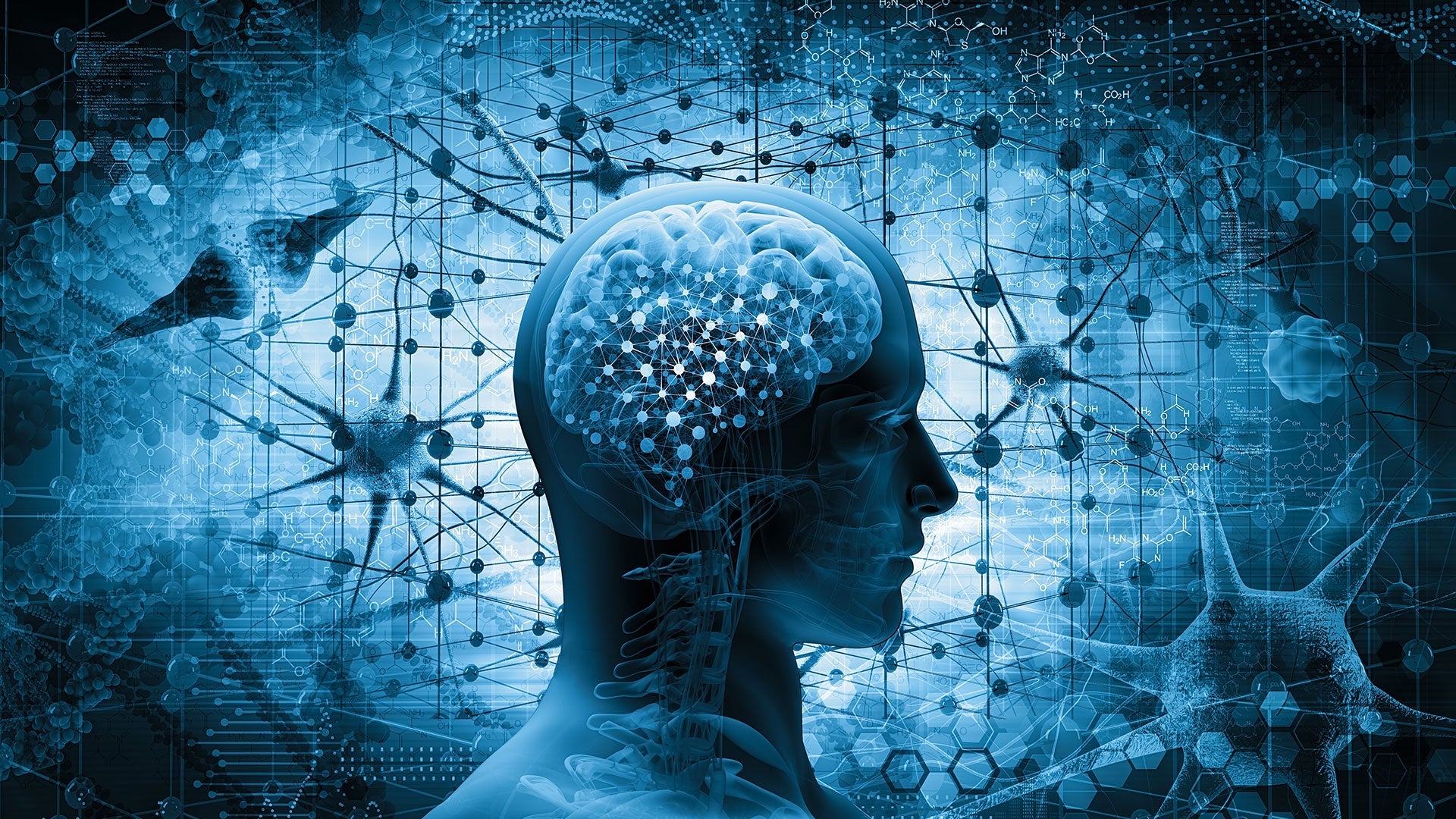Here’s What Happens When You Don’t Get Enough Amino Acids
 By: by Amino Science
By: by Amino Science

What happens when you don't get enough amino acids? Your body starts eating away at its muscle mass, your brain can't produce the chemicals it needs to stabilize mood and energy levels, and even your immune system suffers. Low amino acid intake, and certainly an amino acid deficiency, has serious health impacts. Let's find out exactly why and exactly how you can protect your body and mind with a more than adequate amount of amino acids in your diet.
What Are Amino Acids?
Your organs, tissues, muscles, and hormones are all made of protein, your body’s bricks and mortar. There are 20 amino acids that make up the protein in your body, which are why amino acids are aptly referred to as the building blocks of protein.
Your body can manufacture 11 of these amino acids on its own under normal conditions. These are called nonessential amino acids.
| Alanine | Arginine |
| Asparagine | Aspartic Acid |
| Cysteine | Glutamic Acid |
| Glutamine | Glycine |
| Proline | Serine |
| Tyrosine |
There are nine amino acids, however, that your body can only get from your diet. These are called essential amino acids.
| Histidine | Isoleucine |
| Leucine | Lysine |
| Methionine | Phenylalanine |
| Threonine | Tryptophan |
| Valine |
Your digestive system breaks down the protein foods you eat into amino acids. Some of the amino acids are used for energy, but most of the amino acids are used to build body proteins that:
- Produce neurotransmitters that keep our brains and bodies balanced
- Transport and store nutrients
- Heal and repair tissues and organs
Because your body cannot store excess amino acids, you need to be eating enough essential amino acids every day. If you’re limited in or missing just one of the essential aminos, then your physical and mental health can suffer.

The Physical Ramifications of Not Getting Enough Amino Acids
The body works hard to keep amino acid concentrations in the blood stable, even when we are not getting enough amino acids in our diet. If we don’t feed our bodies the essential amino acids it needs, then it will start breaking down our muscle tissue. When muscle is broken down, amino acids are released and sent to tissues and organs that need them to maintain function, such as the heart.
But this isn’t without consequence. When your body eats away at muscle, it leaves you vulnerable to decreased immune response and a greater susceptibility to injury or illness.
A certain degree of muscle catabolism (i.e, muscle breakdown) is inevitable as we age. Sarcopenia, or age-related muscle loss, can begin as early as your 30s. When you don’t sustain your muscles with adequate protein, muscle wasting kicks into overdrive and accelerates the aging process.
When illness and injury occur in this state, your immune system’s capacity to respond is diminished and your body is less equipped to recover as completely or quickly. You may be prone to colds and viruses. You may be battling tiredness and lethargy. Your ability to recover after a workout may be compromised. And you may start to notice changes to the texture of your skin and hair.
The Mental Ramifications of Not Getting Enough Amino Acids
Amino acids produce brain chemicals that keep us mentally and emotionally strong and balanced. If we are not getting enough amino acids, then our bodies may not be making the brain chemicals we need to support our mental faculties and mood. As a result, we could be suffering from depression, anxiety, irritability, and even unceasing hunger.
Lysine deficiency is a prime example of how amino acids can affect our mental well-being. Lysine is the limiting amino acid in wheat, which means wheat contains less lysine than any other essential amino acid. People who eat a lot of wheat can have a lysine deficiency. A 2004 study published in Proceedings of the National Academy of Science showed that when individuals on a wheat-based diet supplemented with lysine their stress and anxiety levels significantly improved. This observation is relevant to all plant-based diets (vegetarian and vegan), as lysine is deficient in many plant food protein sources.
Causes of Protein Deficiency
If we aren’t getting enough protein, then we aren’t getting enough amino acids. While protein deficiency is not common in developed nations such as the United States, it can be an issue among certain populations. Economically challenged individuals, crash dieters on low-protein diets, older adults, and those recovering from surgery, trauma, or illness are most at risk for protein deficiency. It’s crucial to increase your dietary intake of protein to meet your increased protein needs if you fall within one of these categories.
Some people are unable to adequately digest protein, either due to a genetic biochemical abnormality or an insufficient amount of a gastric acid called hydrochloric acid. The stomach secretes hydrochloric acid in order to convert pepsinogen into pepsin—an enzyme that breaks protein into more digestible bits called polypeptides. The body cannot digest protein without pepsin, so if you have low levels of hydrochloric acid, then you have insufficient pepsin and inefficient protein digestion.
Hydrochloric acid levels are especially low in older adults. Stomach acid secretion decreases by approximately 40% from our teens to our 30s, and then lowers an additional half by our 70s. Antacids also decrease already low hydrochloric acid levels, thereby reducing amino acid concentrations in the blood.
How Do You Know If You Need More Protein in Your Diet?
There are two levels of protein deficiency. If you fail to eat the minimal amount of required protein, you will start to recognize some of the symptoms described above. More insidious, you may be eating enough protein to avoid symptoms of deficiency, but eating less than the optimal amount to maximize your strength and health.
Failing to eat the optimal amount of protein is harder to recognize because the body can adapt to some extent to a low level of protein intake. Adaptation to a lack of protein may mask the fact that you are eating less than optimally.
It is only when you increase the amount of dietary protein that you recognize your body’s positive responses compared to what you were previously eating. This is where education and information become empowering!
The Challenge of Eating Enough Amino Acids
In order to support stable blood amino acid levels, we have to ingest a large amount of amino acids. Even if we eat a balanced diet, it can be difficult to get a balanced composition of amino acids from the sources of protein we eat, especially if our diets are low in animal protein.
The most limited amino acid, meaning the amino acid we eat the least of relative to the requirement for that amino acid, determines how well our body is able to use the rest of the amino acids we eat. We have to consume the ideal amount of each amino acid in order to prevent our bodies from breaking down muscle tissue as a way to meet our amino acid requirements. Taking essential amino acid supplements can help shore the gap in any amino acids you may be lacking.
The Amino Company specializes in formulating premium and patented amino acid supplements. All essential amino acid blends are designed to target your most pressing health needs and are:
- GMO free
- Soy free
- Gluten free
- Vegan or vegetarian
- Halal
Shop the entire product line here.

Up to 25% off Amino
Shop NowTAGS: knowledge
Join the Community
Comments (0)
Most Craveable Recipes




 833-264-6620
833-264-6620



















